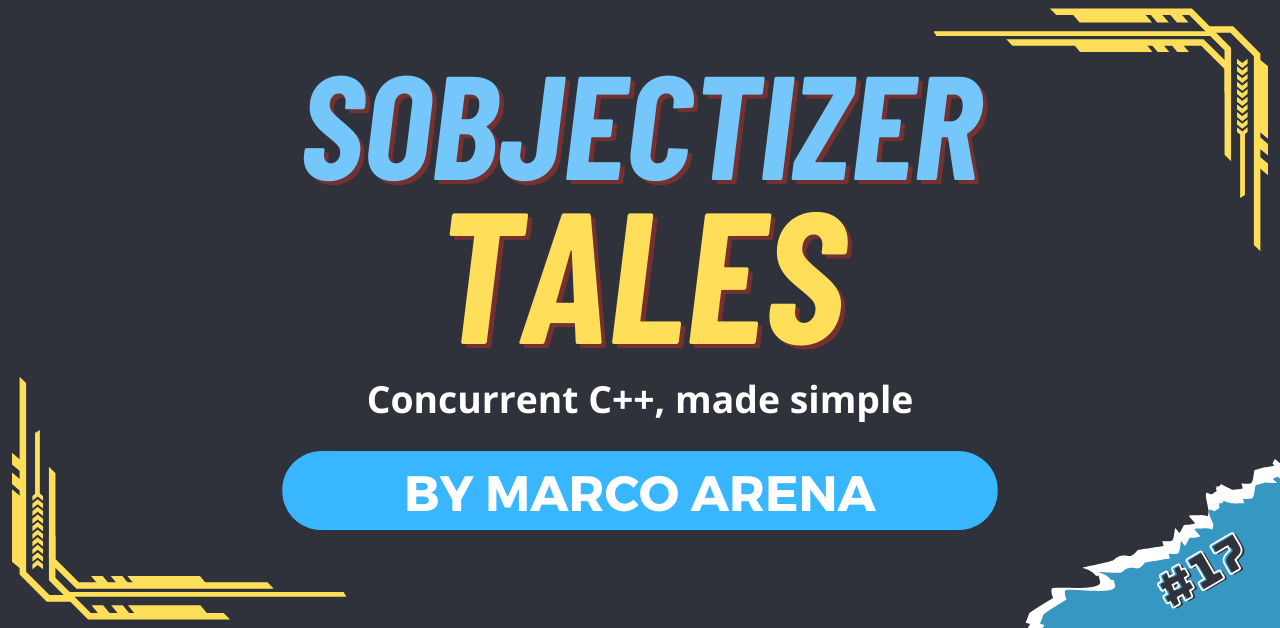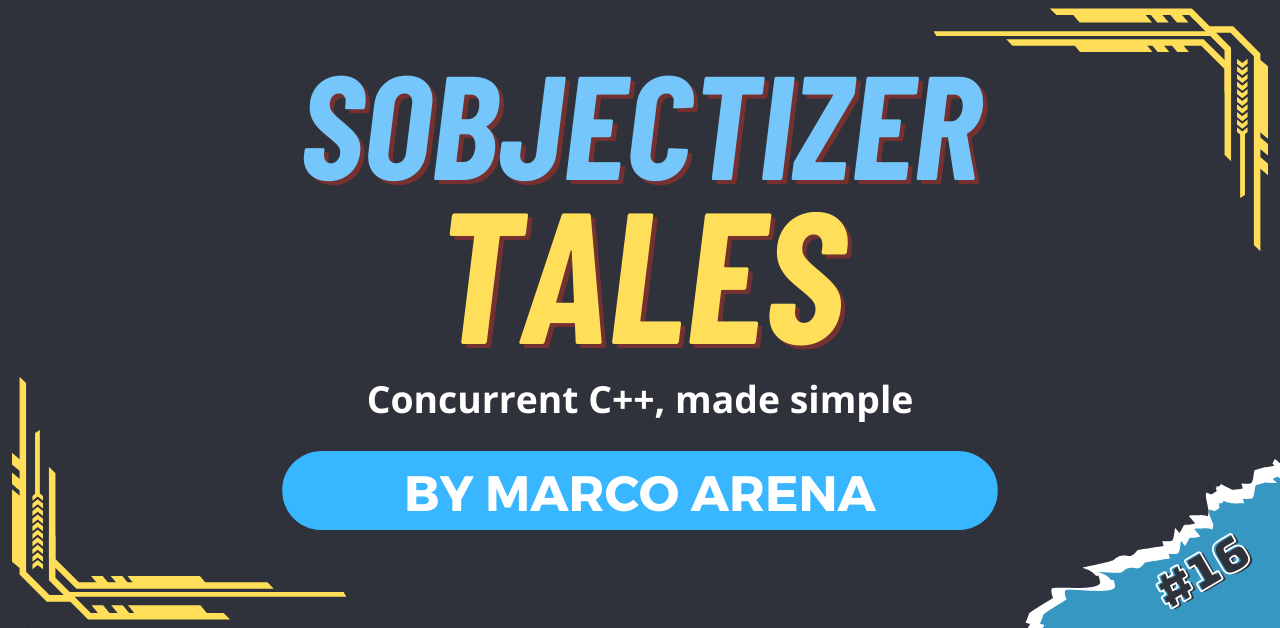CppDepend 2024.1 Released! - Unveiling New Features and Improvements
We are thrilled to announce the launch of CppDepend 2024.1, a significant update that introduces a plethora of enhancements and new features to further bolster your C/C++ development workflow.
CppDepend 2024.1 Released! - Unveiling New Features and Improvements
by the CppDepend Team
From the Article:
The latest version of CppDepend comes packed with an array of improvements and several new features that are designed to streamline project management, enhance code quality monitoring, and provide deeper insights into code bases. Key highlights of this release include an advanced source explorer, support for C++23/C++20/C++17, Improved Incremental analysis, and much more.

 A new episode of the series about SObjectizer and message passing:
A new episode of the series about SObjectizer and message passing: In this post, we'll dive into implementing this technique in C++17 and then explore how it evolves with the application of C++20 concepts to the code. The goal is to simplify the code by eliminating the need for cumbersome constructs like enable_if and introduce further improvements in C++23.
In this post, we'll dive into implementing this technique in C++17 and then explore how it evolves with the application of C++20 concepts to the code. The goal is to simplify the code by eliminating the need for cumbersome constructs like enable_if and introduce further improvements in C++23.
 A new episode of the series about SObjectizer and message passing:
A new episode of the series about SObjectizer and message passing: